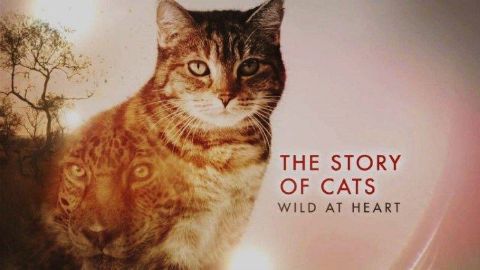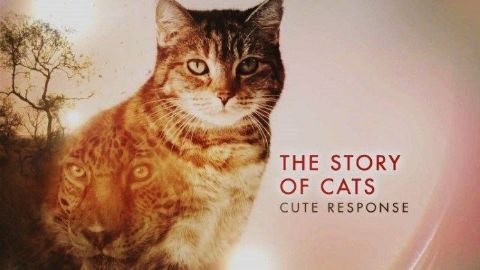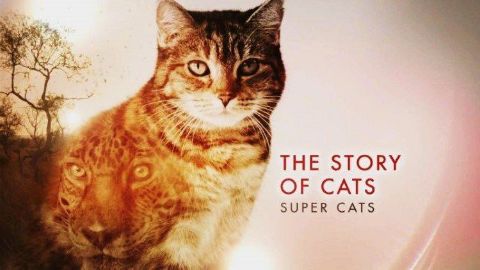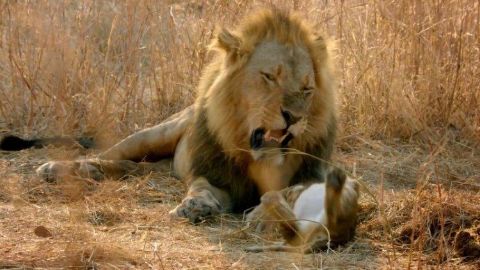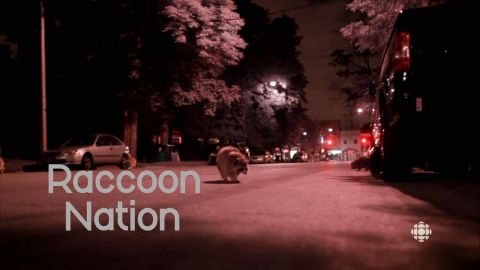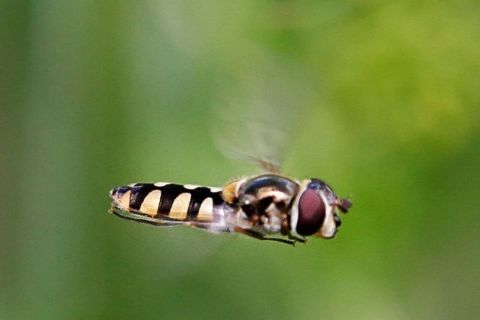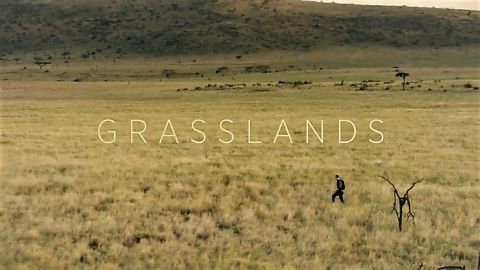Cute Response • 2016 • episode "S1E2" • The Story of Cats
The second episode; tells the story of how wild predators became such popular pets. Kittens trigger an emotional reaction in us. Their baby-like features make us want to nurture them. Its part of the reason we brought cats into our homes. Viewers will discover how the animal’s amazing senses and mouse-catching prowess brought man and cat together ten thousand years ago. And how domestic cats are still evolving and will in the future become less wild, and more mild.
Make a donation
Buy a brother a hot coffee? Or a cold beer?
Hope you're finding these documentaries fascinating and eye-opening. It's just me, working hard behind the scenes to bring you this enriching content.
Running and maintaining a website like this takes time and resources. That's why I'm reaching out to you. If you appreciate what I do and would like to support my efforts, would you consider "buying me a coffee"?
Donation addresses
BTC: bc1q8ldskxh4x9qnddhcrgcun8rtvddeldm2a07r2v
ETH: 0x5CCAAA1afc5c5D814129d99277dDb5A979672116
With your donation through , you can show your appreciation and help me keep this project going. Every contribution, no matter how small, makes a significant impact. It goes directly towards covering server costs.
